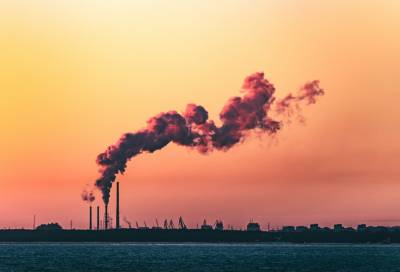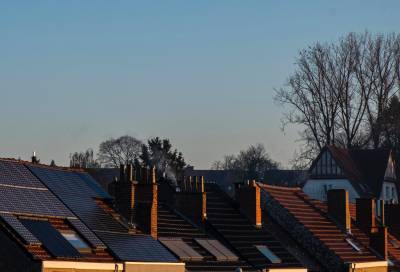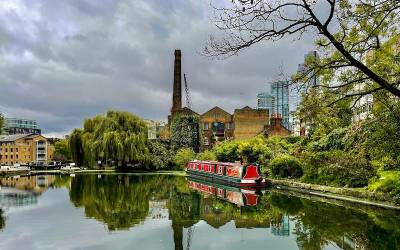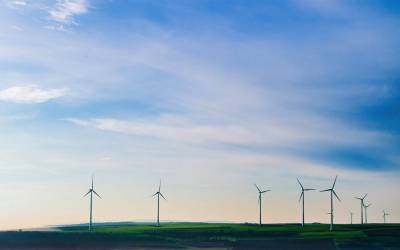UCL research guiding the global energy transition
The world is facing a decisive moment in the fight against the climate crisis. At COP28, global leaders agreed for the first time to “transition away” from fossil fuels as the key driver of carbon emissions and rising global temperatures.This global energy transition means a radical shift in the way we produce and use energy. UCL research shows that the majority of fossil fuels needs to remain in the ground for us to have any chance of achieving the climate goals set out in the Paris Agreement, signed in 2015. And that rapid scaling of clean energy technologies is also required to displace fossil fuels, and meet growing demand.
Achieving this energy transition will be complex. Governments and industries need to make sure energy is accessible, affordable and secure for people around the world, while at the same time pursuing collective efforts to cut carbon emissions.
At UCL, we firmly believe this change is possible. Our research and expertise highlight how the global energy transition can be achieved, harnessing the power of collaboration and digital innovation. We are equipping the next generation of leaders to deliver the global energy transition through our education programmes – building future skills across energy technologies, policy, markets and economics.
UCL energy research
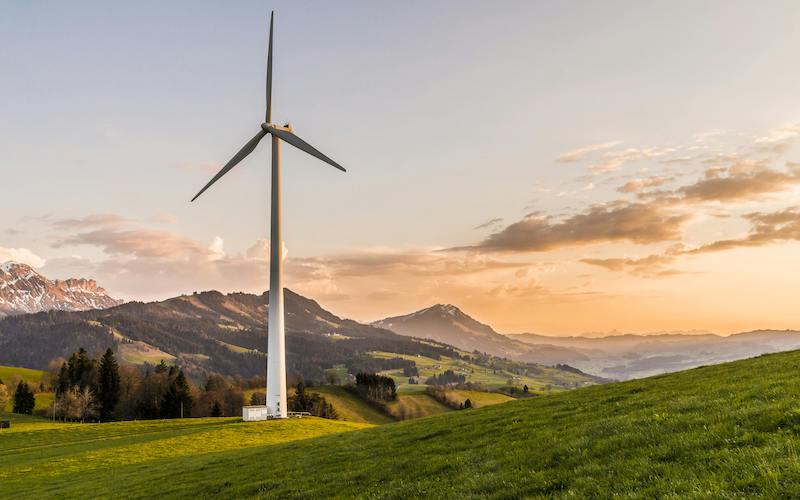
Energy Transition and Net Zero
How can society transition towards net zero? To take control of the climate crisis, we need to transition to a net zero society. This means decarbonising our whole energy system, from the way our energy is generated and supplied to how we use it in our daily lives.
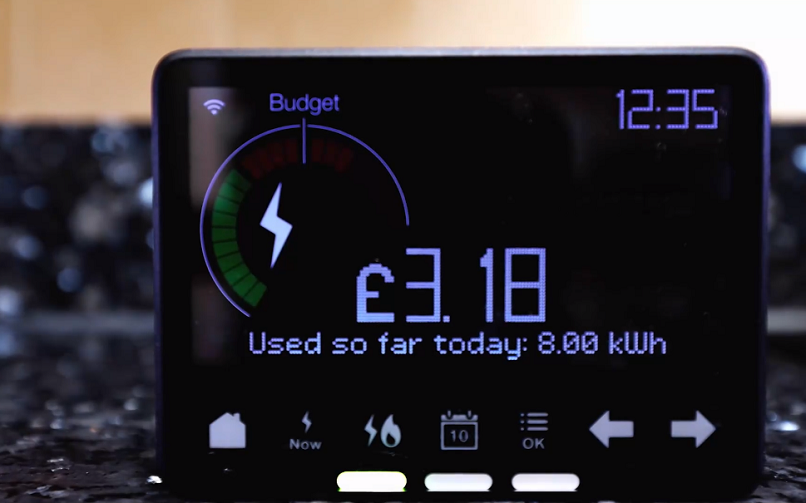
Data and Digitalisation
We are unlocking the power of energy data to help us make informed choices in the transition to net zero. Data about how people use energy in their homes can help us identify poor energy performance and analyse the effectiveness of efficiency measures. Big data is also transforming the way in which we understand and plan for the transition to sustainable mobility.

Climate Resilience and Adaptation
Globally, we are already experiencing extreme weather and disasters due to climate change. Steps need to be taken to reduce the impact on our communities and infrastructures. At UCL Energy Institute we’re combining a multitude of methods and tools, to help decision makers understand the impact of climate related disasters.
Celebrating 15 years of the UCL Energy Institute
The UCL Energy Institute is a global hub for energy research, with a rich body of expertise and partnerships across governments and industry. This year we are celebrating our 15th anniversary at the forefront of pioneering research that has significantly advanced our understanding of sustainable energy.
Contact
Find out how you can get involved:
 Close
Close


